Hey everyone! I hope you’re good and excited to be starting your teacher training course in September (if all goes to plan anyway!). I studied Primary Education 5 – 11 Years with QTS for 3-years at Sheffield Hallam University and I’ve just come to the end of my degree. I’ve secured an NQT (newly qualified teacher) job for September so I thought I’d share my placement and university tips so you can learn from my mistakes.
I’ve divided the blog up into sections to make it easier to find information. I’m going to discuss my top tips for your school placements first and then discuss life at university.
Placement is a whirlwind and so much happens but is also a huge learning curve. My placements grew in length year after year as in first year it was 4 weeks, second year was 6 weeks and third year was 8 weeks. Placement can be tough so make sure you seek help if you need it. I was in a paired placement in my first and second year (in the same class as another student teacher), but I was on my own during my final placement.
I’ve already written a range of placement related blog posts about a range of topics so I’ll link those below if you want to check them out as I don’t want to repeat too much of the information.
Placement related blog posts:
- A day in the life as a trainee teacher
- My first year placement review and top tips
- Second-year placement top tips
- Final placement ideas
My top tips for placements:
- Planning top tips

Planning will take a long time but it definitely does get quicker throughout placement as you get to know the children better and know if they’ll understand a topic or need to spend additional time on it. You also don’t need to reinvent the wheel! There’s so many useful resources on TES that you can use to gain inspiration so keep that in mind if you’re asked to plan a new topic.
Your planning format will change massively as you progress through your training and the sooner you come to terms with this the better! I started off doing 4 page lesson plans for every lesson but now it’s just a 1 page document. This was partly because in first year we were only expected to teach 50% of the time (roughly 2 lessons per day) so I couldn’t really develop a sequence of lessons, unlike 3rd year where I was teaching almost everything.
I now plan all my English lessons on the same document for that week as it makes it much easier to understand the flow of the lessons. One big thing I’ve learnt is that you need to make your planning to suit you. Normally, schools don’t force you to use their planning so you can use your own planning style which is great. However, if they do force you to use their planning, make sure it contains your university’s ‘non-negotiables’ (things that you MUST include on your planning as a student teacher).
It’s also really important that you evaluate every single lesson. This could just be a quick word at the bottom of the plan to help you improve your practice. There’s space at the bottom of my planning to write something that well and something that could be improved upon for next time.
If you want to download my blank lesson plan, click here!
2. Stay organised

Being a teacher can be stressful enough so it’s really important to stay organised. You need to find a system that works for you and, for me, this involved using this weekly to do list to write down all the jobs I had to do. I wrote the preparation and resources that I needed for each lesson on its planning so on here I would write things like ‘English preparation’, ‘mark English books’, ‘find art resources’ etc so that I knew exactly what I needed to do when. It also gave me a great sense of achievement once I completed a job and I could cross it off my list.
You can download my weekly to do list here!
I also used my Google Calendar to stay organised as I could write down planning that I needed to do at the weekend or once I got home in the evenings. However, I struggled to use this in the classroom as I was sharing the class teacher’s laptop and the last thing I wanted to do was show her my entire schedule by accident. I’m planning on using Google Calendar to organise myself during my NQT year so make sure you’re following my blog to see that!
3. Take photos of everything!

One of the things I regret most is not taking pictures of interesting displays or fantastic ideas that I want to use in my own classroom. You’ll have the opportunity to observe many different classrooms and practitioners so if you like an idea, take a photo of it! This means that when you finish your teacher training you have a list of brilliant ideas that you could use in your own classroom. I’m in the process of writing a blog post about what my classroom is going to look like, so follow my blog to see that!
4. Observe as many practitioners as possible
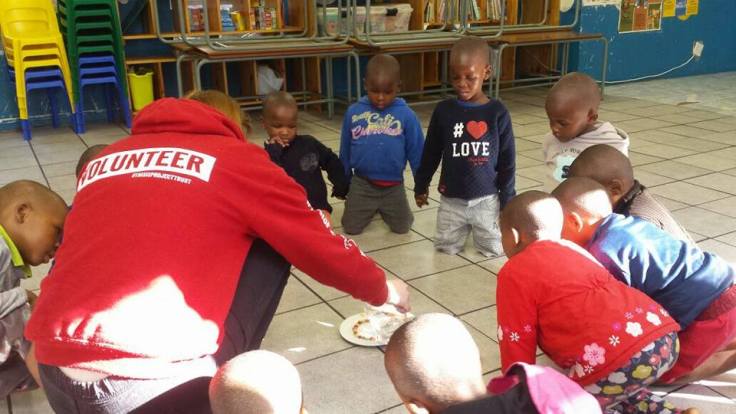
Observing other teachers is one of the best ways you can learn and you’ll pick up a few tips along the way! I would highly recommend observing with a purpose, rather than just going to conduct a general observation. For example, you could be observing their behaviour management techniques, lesson structure, questioning techniques etc. This way you can focus your observation on one particular area which can help you gain the most out of the observation. I would also recommend taking a picture to add to your ‘good ideas for your own classroom’ photo collection.
5. Do things you don’t want to do
 This may sound silly but it’s so important! Teach the lessons that you feel less comfortable in, attend parents evening, volunteer to help with the risk assessment, go to staff meetings, get involved with report writing. These are things that you may not want to do but if you don’t do them whilst you’re training, you’ll have no idea what to expect when you start your first year of teaching.
This may sound silly but it’s so important! Teach the lessons that you feel less comfortable in, attend parents evening, volunteer to help with the risk assessment, go to staff meetings, get involved with report writing. These are things that you may not want to do but if you don’t do them whilst you’re training, you’ll have no idea what to expect when you start your first year of teaching.
6. Do an extra curricular activity
I know you may not feel like you have enough time to do an extra curricular activity but doing one is so important! You get to see the children in a more relaxed atmosphere and it will look great on your application form further down the line. You don’t necessarily have to set up an entirely new activity, for example, I helped to run the drama club with another teacher on my final placement.
7. Don’t be too scared of observations

Throughout you’re teacher training you’ll be observed numerous times by your mentor, possibly head teacher and someone from your university. I got observed once a week by my mentor (class teacher) and someone from the university came in once in each placement to do a joint observation with my teacher. I know observations can seem really scaring and daunting but just remember that observations are there to help you. They’ll be able to highlight how amazing you’re doing and guide you in the right direction of how to improve your practice.
8. Make a note of where you’ve been

You’ll see lots of different schools throughout your teacher training (I’ve seen around 6 throughout the 3 years) so I would highly recommend making a note of the school name and any contacts you make on placements. This was you’ll be able to stay in contact with the schools once you’ve left. Also, I write important school information like whether it’s in an affluent area or if it has a high percentage of children with English as an Additional Language so I don’t forget this information later down the line.
This has helped me recently as some of the schools I had a placement have been hiring so I’ve known exactly what the school was like as I wasn’t relying on my memory. I ended up getting a job in one of the schools I had a placement on, so it’s been really useful to know the school’s values in more detail.
9. Make note of any additional professional development (CPD)
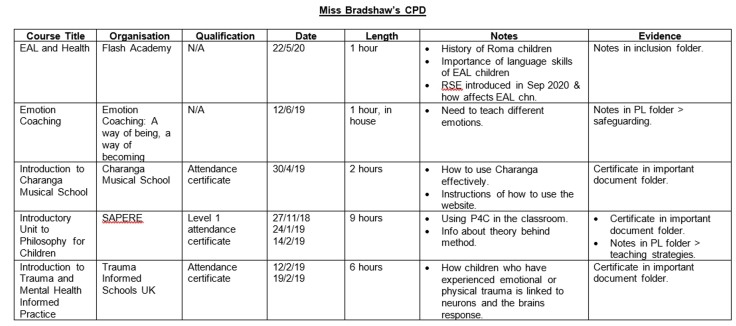
You may engage in additional professional development opportunities at your placement so I would try and keep a record of these if possible. Even if you just write the date and where you did the training that’s fine for now. When you eventually apply for your first teaching job, there’s a section for this, so a few additional CPD sessions looks better than nothing so try to engage with some additional opportunities. You may have even conducted these at university or as part of a staff meeting. These things still count so make sure you maker note of them!
You can download a blank version of my CPD tracker here!
The second half of your course will be university-based training. I was in uni more than the average student and if you’re doing a BA Primary Education course, your course is unlike every other degree. You will be expected to act like an adult on placement and be a student at university so it can be quite challenging to adopt both characteristics. At uni, you’ll learn some learning theories and gain important understandings of the curriculum and subject knowledge. However, I did find that placement was much more useful for teaching me how to become a teacher than uni did, but it’s still a part that you have to attend.
I’ve written numerous blogs posts about university life so make sure you check them out!
University related posts:
- What to take to university
- How to prepare for university
- Top tips for first year of uni
- How to write a university assignment
- What to expect from a Sheffield university
- How to stay organised as a student
My top tips for university based training:
1. Make good notes from lectures and seminars

Of course you don’t intend to make bad notes but here are my top tips for making good notes:
- Print off the lecture/semninar slides in advance. This way you’ll be able to write additional notes that aren’t on the screen and you can simply sit and listen on days that you aren’t feeling too great (yes, nights out before a 9am will happen)
- ALWAYS date the lecture/seminar. Write today’s date, the university week you’re in and what year of uni you’re in. This will make finding additional resources on a later date so much easier.
- Attend the lecture/seminar! You can’t make notes unless you actually attend. It may be tempting to just watch the lecture later online or read through the notes uni has provided, but I can guarantee you won’t understand it any where near as much, and not attending will be detrimental to your education.
2. Use a reading reflection sheet

Every time I do a reading, I make sure I have a reading reflection sheet ready so I can make notes as a go. Personally, I like to read the book chapter online and copy and paste key information onto this word document (not something that’s recommended by university!) as this ensures that I have the exact wording of that the author has said so when I come to use their point in an essay I don’t bend their words too much.
Your uni will probably set a preparation task (similar to homework at school) such as to read a certain chapter of a book, which you’ll then discuss in the next seminar. I’d highly recommend that you do this BEFORE the seminar so that you’re able to ask any questions you have about the book chapter. This also makes referencing during assignments easier as you’ll have done most of the readings prior to writing, rather than having to madly search through books to find the information you need.
You can download my reading reflection sheet here!
3. Make use of uni facilities
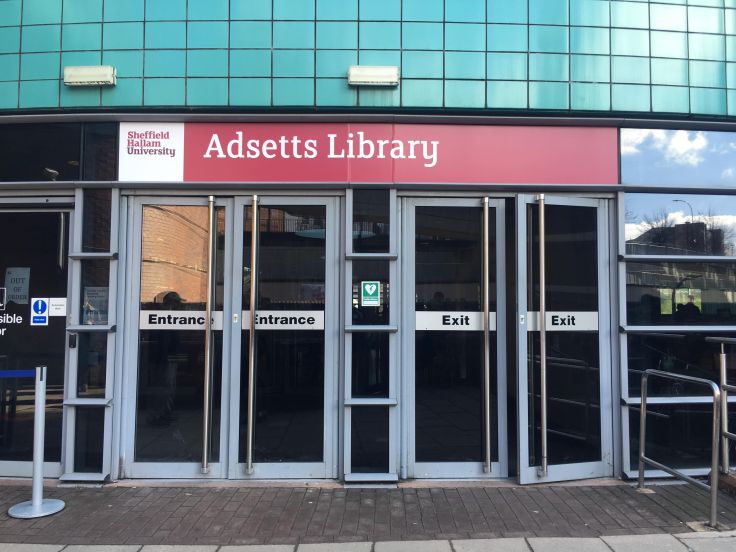
Actually go to the library to get out some books and attend writing classes to help improve your skills. Your uni will provide a lot of additional resources so make the most of them. Admittedly, I didn’t venture to the library until the second semester of my first year but I wish I had gone sooner. It’s a perfect place to work and you can take out books to further support your education.
Remember that the library has most of the books that you’ll ever need so don’t bother to buy your own copies as it’s just a waste of money. If you decide later that you really like a book and want you’re own copy, go for it! But I wouldn’t buy any books prior to university.
4. Start your assignments early
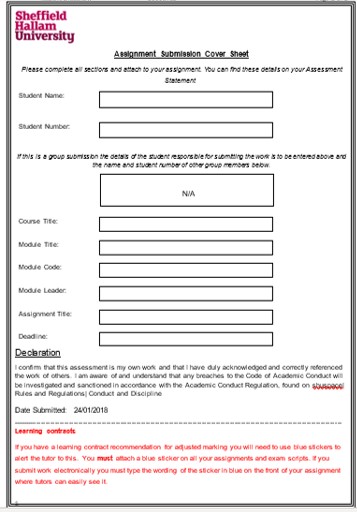
I’ve written a blog post about how to write a university essay so check that out for guidance. One of the things that I learnt throughout uni was that starting your assignments early can be a life saver! It gives you additional time to do research, thoroughly write and edit. It normally takes me about 6 weeks to write an essay (from complete start to finish) so try to get ahead of the game as it will make your life easier.
When you’re writing your essay, make sure when you write your references as you go along. This makes such as difference as the last thing you want to do a few hours before the deadline is be searching through the internet to find a reference to support what you’re saying.
5. Be organised
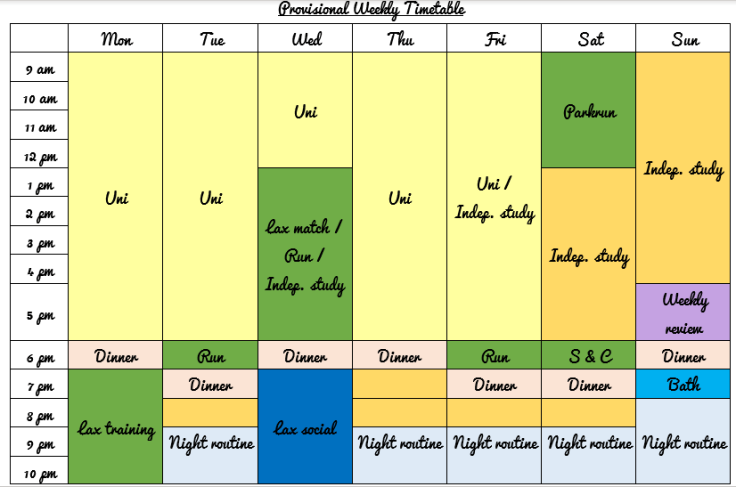
It’s so important to spend your time wisely during uni and I find that scheduling my life can really help. I created this uni timetable so that I knew what I should be doing throughout the week. I also used my Google Calendar to create my goals for certain studying sessions and this really helped me stay on task.

I hope this post gave you a better understanding of what to expect on your teacher training course. If you have any questions feel free to ask them in the comments below or message me on Instagram @bizzywithizzy98.




Leave a comment